Investors Care About the Company, an Interview with Kamen Brestnichki
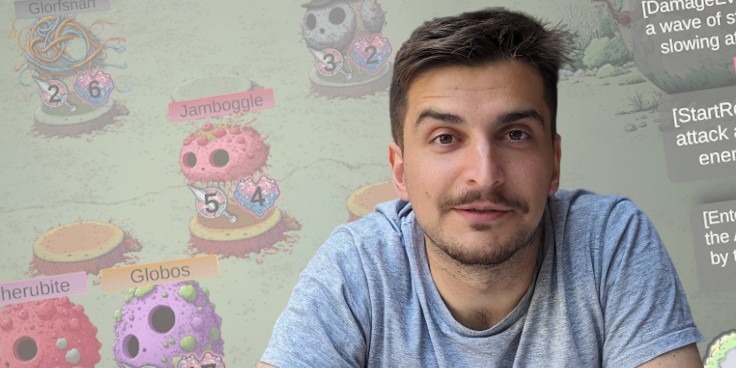
Martian Lawyers Club stands out in the indie game development scene, backed by a rare $2.2 million investment.
In this interview, Kamen Brestnichki, the driving force behind the collective’s business strategy, delves into key aspects of indie game business development — from mastering interview techniques and managing top talent, to the invaluable lessons learned from securing major investment.
What’s your view on the traditional interview process?
“I've always found it deeply flawed in what it's trying to achieve. Often, it’s testing for things not directly related to the job, hoping there's a correlation between the skills tested and what the job actually requires.
“In our early-stage startup, we find it more useful to present an open-ended internal problem for candidates to tackle, rather than testing specific knowledge or key metrics. Tangible indicators of intellectual capability and experience are more valuable to us than sticking to mandatory standards.”
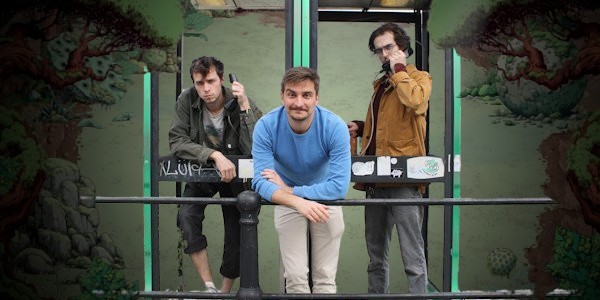
Marlon Fussell, Kamen Brestnichki and Levi Fussell, founding members of Martian Lawyers Club
Are there specific qualities you look for in a candidate?
“Good indicators will definitely vary with the size of the organization. In early-stage startups, you want someone who can take on responsibility and be self-driven. Early employees are often the most expert at what they do, so they're best positioned to make decisions. People who defer to authority and are more comfortable executing rather than designing the plan themselves usually do less well in a startup setting.”
How do you help top employees do their best work?
“It ties back to what we discussed: highly qualified employees often know more about their area than you do. Micromanagement is counterproductive because it assumes you can do their job better and just need to direct them.
“Some of the best surprises as a manager come when someone disagrees and teaches you something new about their focus area.
“To get the best out of highly capable people, you need to give them the freedom to go beyond the initial parameters. But this only works if the resources are there - if you're a week from bankruptcy, they have to focus on the most urgent problems.”
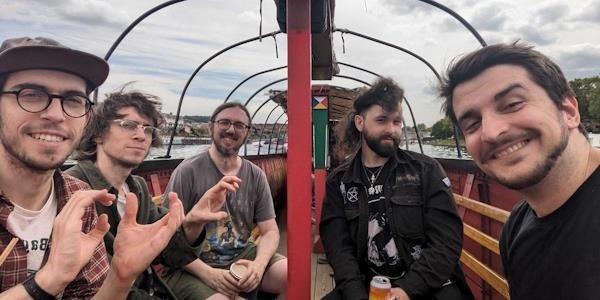
71.43% of Martian Lawyers Club, braving the placid waters of Bristol Dock
What lessons did you learn setting up MLC?
“Probably the limitations of our initial hyperfocus on technology and products. I wish we had brought in people with a market focus a bit earlier. For a while, we had a very promising technology and product but didn't know how to position it in the market. This will likely continue to be a challenge for us for some time.
“Another key is understanding what type of company you are. We initially started with a B2B focus in a domain where that typically yields mediocre results. It took us a while to realize that true potential in gaming lies in a direct consumer focus.”
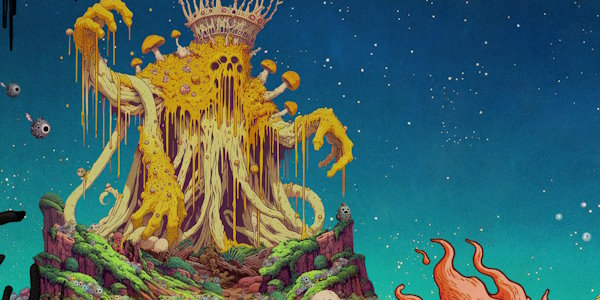
The Slime King, from GUG
What's the most important lesson you learned raising funding for an indie gaming firm?
“The most important thing is understanding what the investor, publisher, or angel is looking for in the deal. At first, it may seem like it's just about the size of the check, but the type of capital comes with very different commitments.
“You may be initially confused about why the amount of funding varies so much between a publisher and an institutional investor like a VC. With experience, you learn that they have completely different expectations for their investments.
“Publishers only care about the current game, while investors care about the entire company, meaning also the team, distribution strategies, and long-term roadmap.”
Finally, what's the best game ever?
Note: Kamen’s response contains spoilers. Skip past the picture if you plan to play The Outer Wilds.
“The Outer Wilds is an incredible innovation in gaming because it doesn't rely on typical game elements. When you play, you're completely free to do as you want - there are no quests or objectives explicitly given. Everything unfolds in your mind. The game features a time travel component, and the only thing that changes with each loop is your understanding of the world around you.
“It is, without a doubt, my favorite piece of art ever created.”
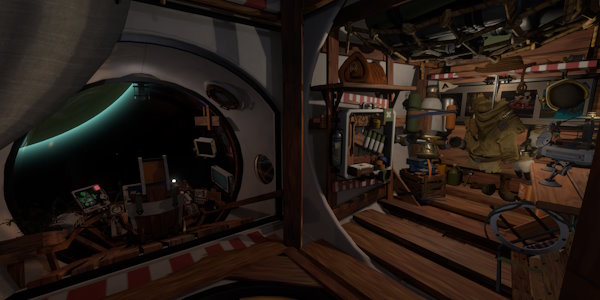
The Outer Wilds, from Mobius Digital
GUG
Kamen is working on GUG, a roguelike creature battler featuring procedurally-generated creatures. You can wishlist it on Steam.
Read more about MLC’s funding round on TechCrunch.

Martian Lawyers Club stands out in the indie game development scene, backed by a rare $2.2 million investment.
In this interview, Kamen Brestnichki, the driving force behind the collective’s business strategy, delves into key aspects of indie game business development — from mastering interview techniques and managing top talent, to the invaluable lessons learned from securing major investment.
What’s your view on the traditional interview process?
“I've always found it deeply flawed in what it's trying to achieve. Often, it’s testing for things not directly related to the job, hoping there's a correlation between the skills tested and what the job actually requires.
“In our early-stage startup, we find it more useful to present an open-ended internal problem for candidates to tackle, rather than testing specific knowledge or key metrics. Tangible indicators of intellectual capability and experience are more valuable to us than sticking to mandatory standards.”

Marlon Fussell, Kamen Brestnichki and Levi Fussell, founding members of Martian Lawyers Club
Are there specific qualities you look for in a candidate?
“Good indicators will definitely vary with the size of the organization. In early-stage startups, you want someone who can take on responsibility and be self-driven. Early employees are often the most expert at what they do, so they're best positioned to make decisions. People who defer to authority and are more comfortable executing rather than designing the plan themselves usually do less well in a startup setting.”
How do you help top employees do their best work?
“It ties back to what we discussed: highly qualified employees often know more about their area than you do. Micromanagement is counterproductive because it assumes you can do their job better and just need to direct them.
“Some of the best surprises as a manager come when someone disagrees and teaches you something new about their focus area.
“To get the best out of highly capable people, you need to give them the freedom to go beyond the initial parameters. But this only works if the resources are there - if you're a week from bankruptcy, they have to focus on the most urgent problems.”

71.43% of Martian Lawyers Club, braving the placid waters of Bristol Dock
What lessons did you learn setting up MLC?
“Probably the limitations of our initial hyperfocus on technology and products. I wish we had brought in people with a market focus a bit earlier. For a while, we had a very promising technology and product but didn't know how to position it in the market. This will likely continue to be a challenge for us for some time.
“Another key is understanding what type of company you are. We initially started with a B2B focus in a domain where that typically yields mediocre results. It took us a while to realize that true potential in gaming lies in a direct consumer focus.”

The Slime King, from GUG
What's the most important lesson you learned raising funding for an indie gaming firm?
“The most important thing is understanding what the investor, publisher, or angel is looking for in the deal. At first, it may seem like it's just about the size of the check, but the type of capital comes with very different commitments.
“You may be initially confused about why the amount of funding varies so much between a publisher and an institutional investor like a VC. With experience, you learn that they have completely different expectations for their investments.
“Publishers only care about the current game, while investors care about the entire company, meaning also the team, distribution strategies, and long-term roadmap.”
Finally, what's the best game ever?
Note: Kamen’s response contains spoilers. Skip past the picture if you plan to play The Outer Wilds.
“The Outer Wilds is an incredible innovation in gaming because it doesn't rely on typical game elements. When you play, you're completely free to do as you want - there are no quests or objectives explicitly given. Everything unfolds in your mind. The game features a time travel component, and the only thing that changes with each loop is your understanding of the world around you.
“It is, without a doubt, my favorite piece of art ever created.”

The Outer Wilds, from Mobius Digital
GUG
Kamen is working on GUG, a roguelike creature battler featuring procedurally-generated creatures. You can wishlist it on Steam.
Read more about MLC’s funding round on TechCrunch.